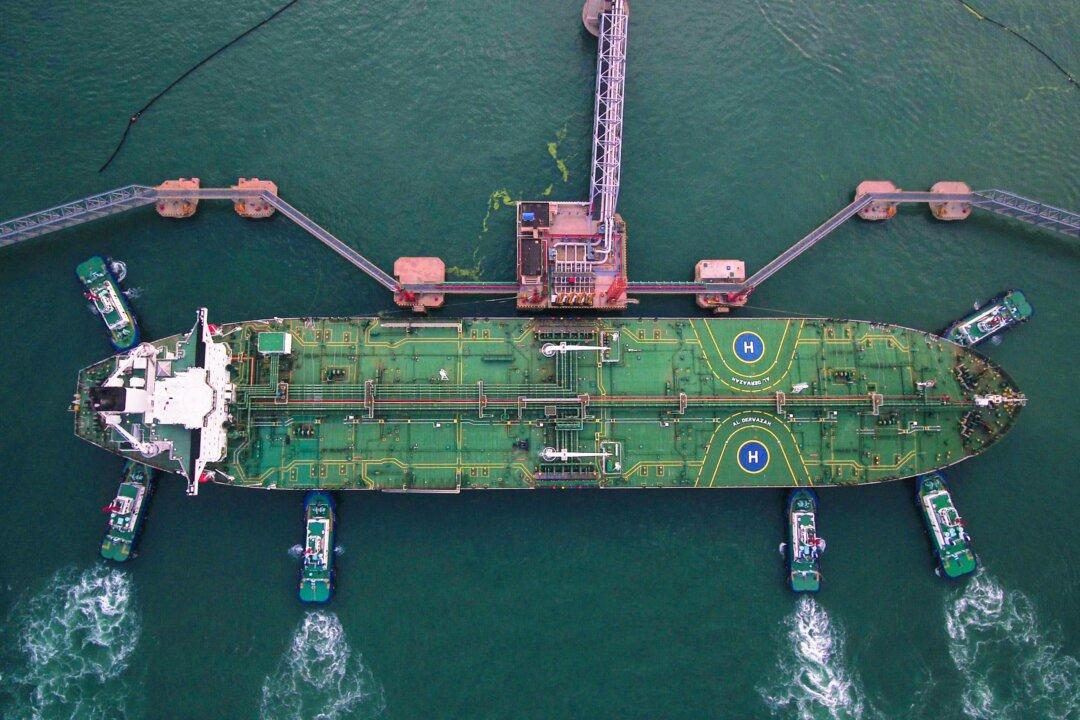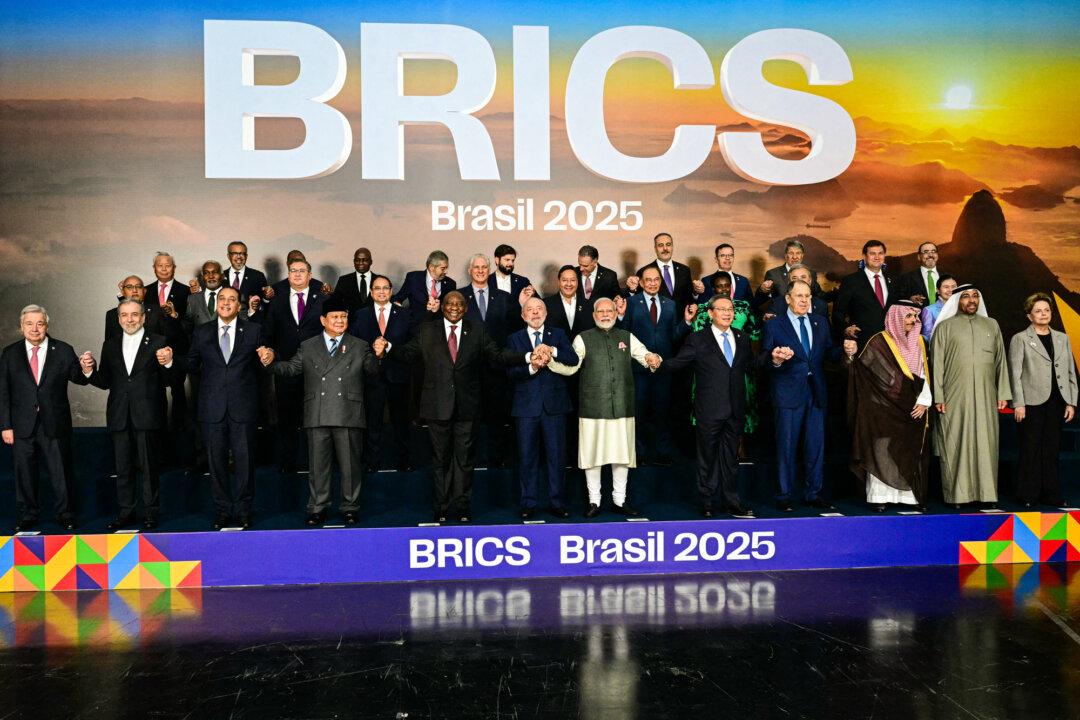Against the wishes of Europe, Israel and the United States, Iran’s leaders have decided to resume their nuclear weapons program.
What’s the Big Rush?
For some reason, the Iranians are in a great big hurry to develop nuclear weapons—or start a war with the United States and/or Israel. Or perhaps both in one sequence or another.But why?





